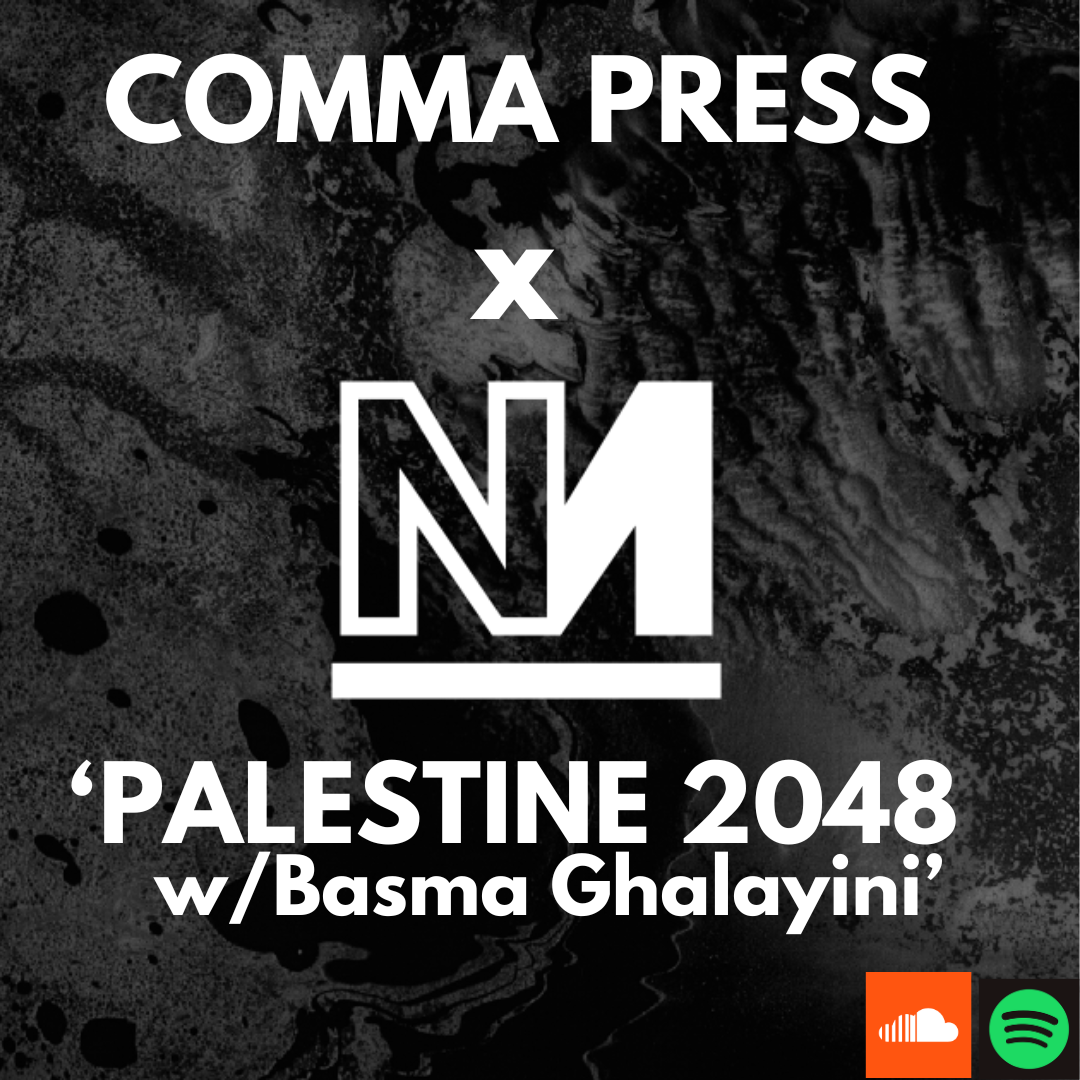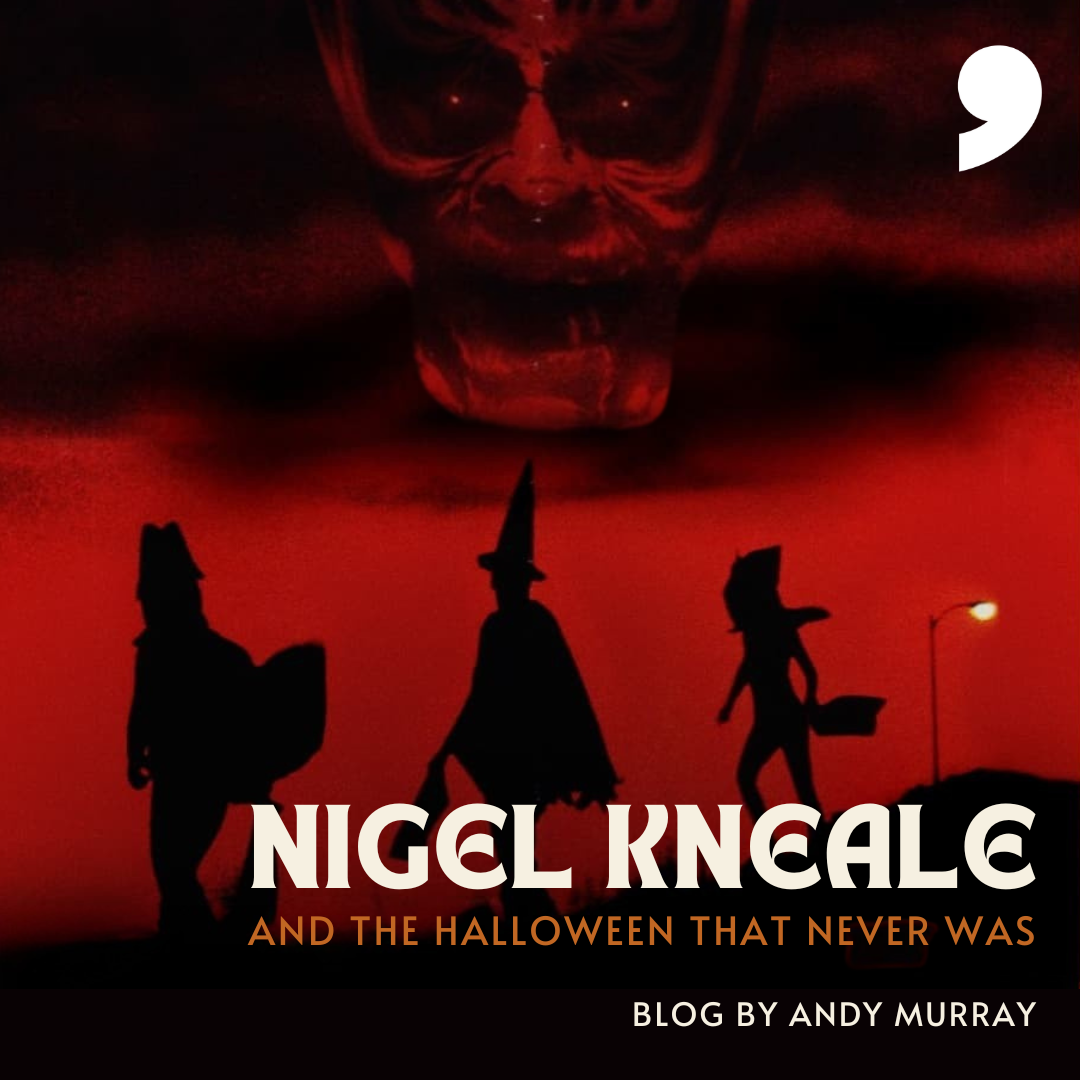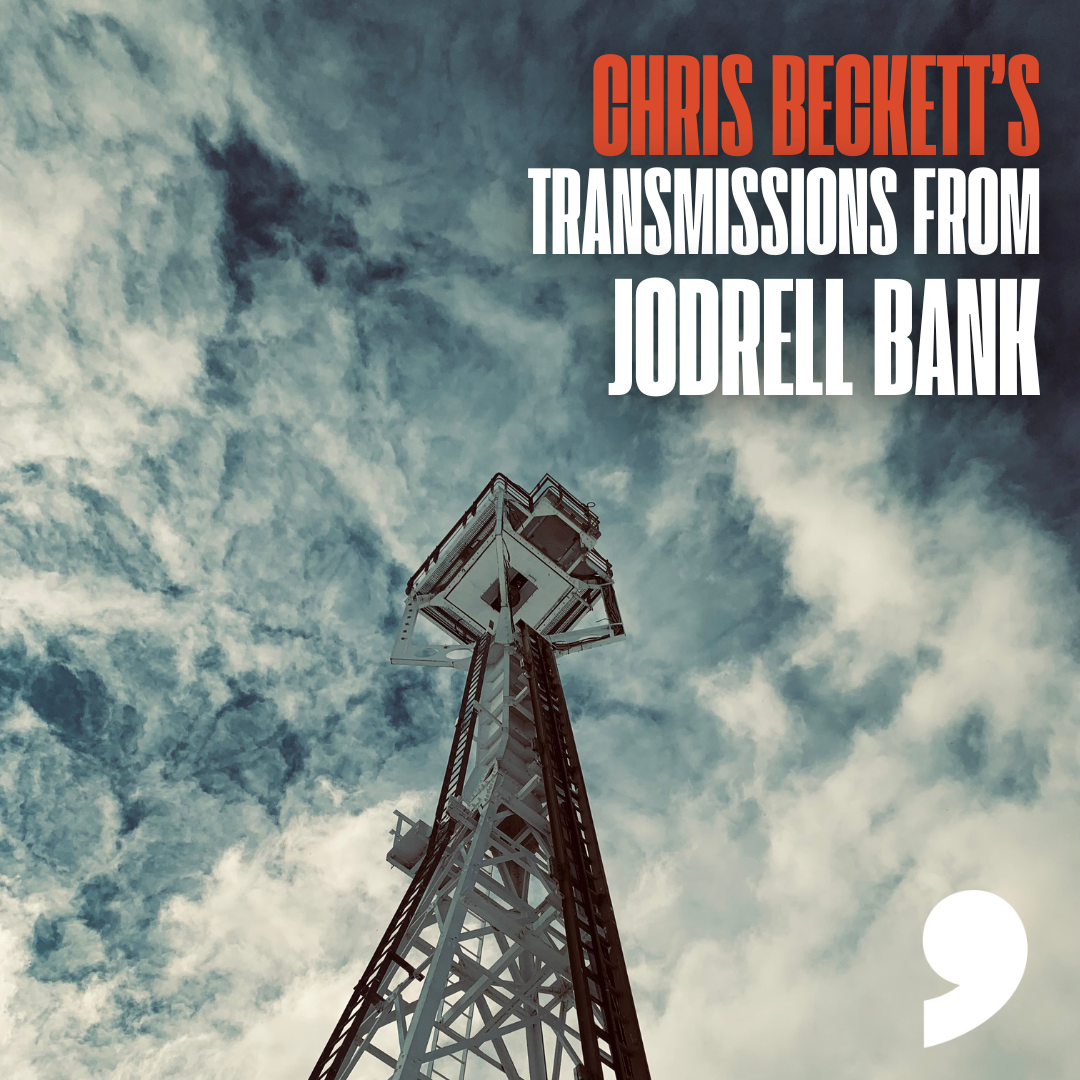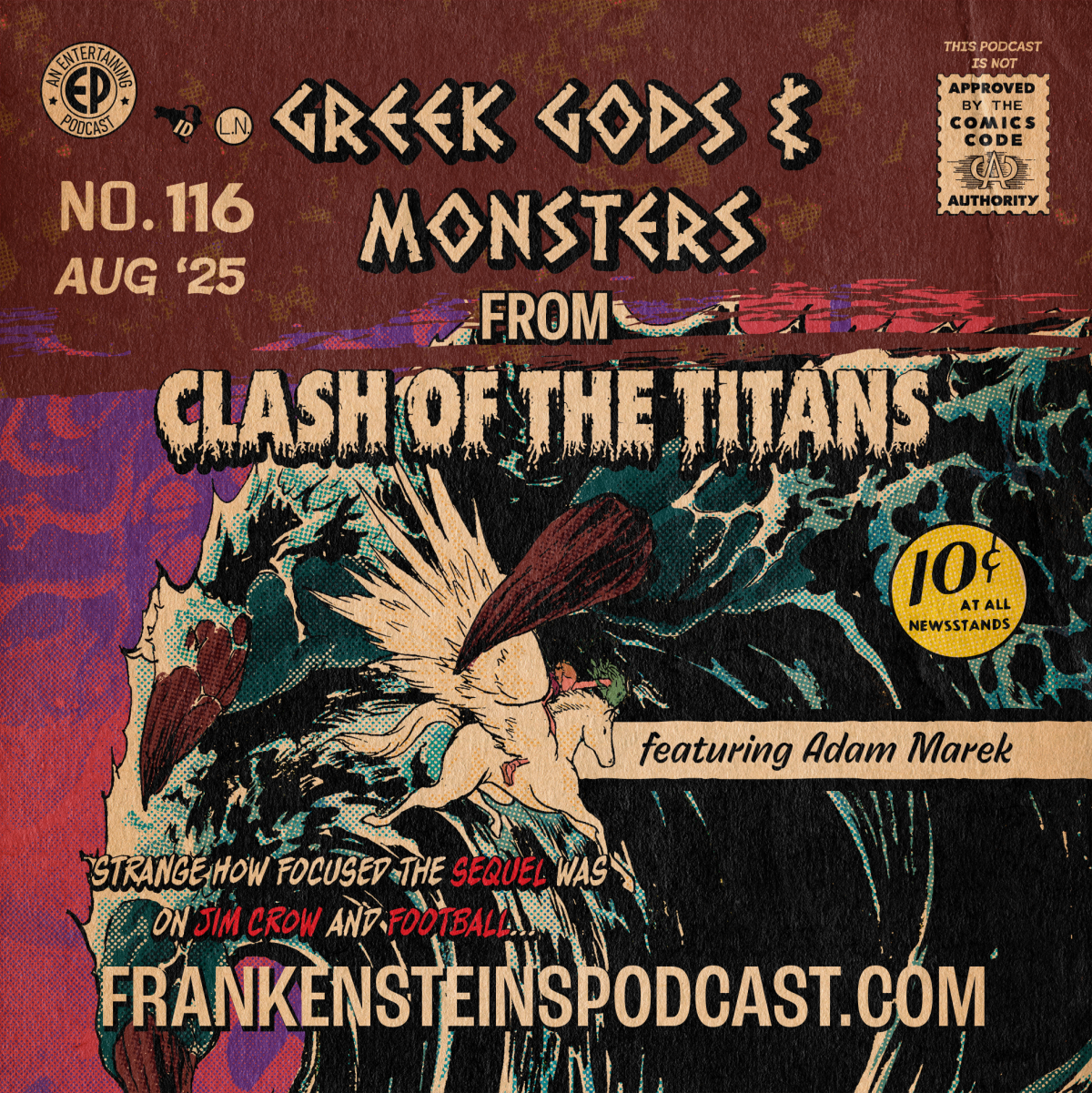Novara Media Interview: Palestine 2048 w/ Basma Ghalayini
Recently, Comma translator and editor Basma Ghalayini joined Novara Media’s Eleanor Penny to talk about Palestine + 100, technology, healthcare, and hope.
The following is a short excerpt adapted from their conversation, which you can find in full here.
EP: In this wide-ranging collection, one of the quotes that jumped out at me is from the story Digital nation about - spoiler alert – a rogue simulated reality of a free Palestine infecting technology across the region. The authorities are up in arms because: ‘Utopia was a dangerous thing… hope was contagious.’ How would you respond to that quote – that challenge of hope for the future in the context of everything happening now in Gaza?
BG: For Palestinians we have very, little; very few things going for us. We are under siege in one for or another whether its Gaza or the West Bank or even in the Diaspora and even Arab Palestinians living in Israel – Palestinians of 1948. We’re all struggling with some form of siege. All out human rights have been taken away from us. We’ve been deprived of any form of humanity. We’re not perceived as equal. We can only exist in a world that has been tailored by the Israeli government. You’re imprisoned physically and mentally – it’s very difficult to escape or to even try to go anywhere, even in your head. The only thing that keeps you going is the feeling that maybe something good will happen; maybe there is light at the end of the tunnel and that is a very powerful weapon under those circumstances. So, when the only thing that keeps you strong as a people is hope, when you deprive people of that hope is when you have completely managed to eliminate them. So that is what I see in that quote. Din Aysha wrote that story – it’s a brilliant story and hope is what keeps us going, fighting towards our freedom and equality.
EP: Let’s talk about science fiction as a mode of hope. You talk in the introduction about how science fiction hasn’t gotten as much of an airing in Palestinian literature, with the focus being more on the past and present. I’m wondering if you could talk to us a bit about your thoughts in putting this collection together. Why Sci-Fi now?
BG: So, I’m personally not a science fiction fan – I’ve watched films and read stories and enjoyed them, but I wouldn’t say I’m a Sci-Fi geek – is that the word? I’m not obsessed with science fiction; however, Comma Press had published a previous collection called Iraq + 100 (SF stories set 100 years after to 2003 invasion) and I was doing interpretation at events for the editor Hassan Blasim and getting to know the book and I thought this medium would be a perfect opportunity for Palestinian writers to express themselves in the same type of context. In doing my research I found that science fiction is only really a tool used by colonialist countries because it’s full of metaphors of invading a different planet or a different land or keeping certain types of people at bay so better people can thrive and I just felt maybe it can be flipped. Maybe we can use science fiction in a different sense to give Palestinians a platform to think freely and outside of censorship. This was when any pro-Palestinian opinions were censored or hit with accusations of antisemitism – this was on the rise and was really worrying me – so I thought it would give writers a free space to write about whatever they want.
Click here to listen to the full interview on the Novara Media Podcast.
Buy Palestine + 100 HERE


